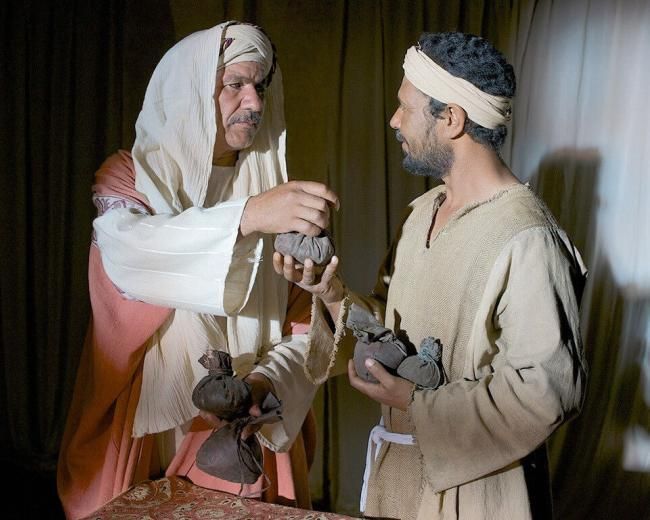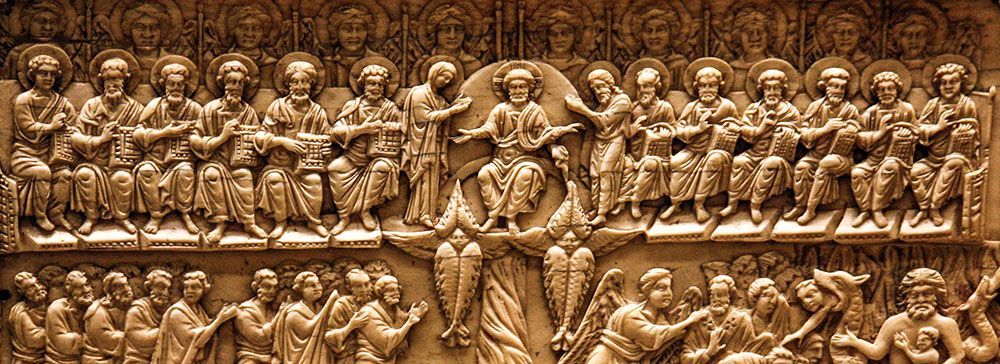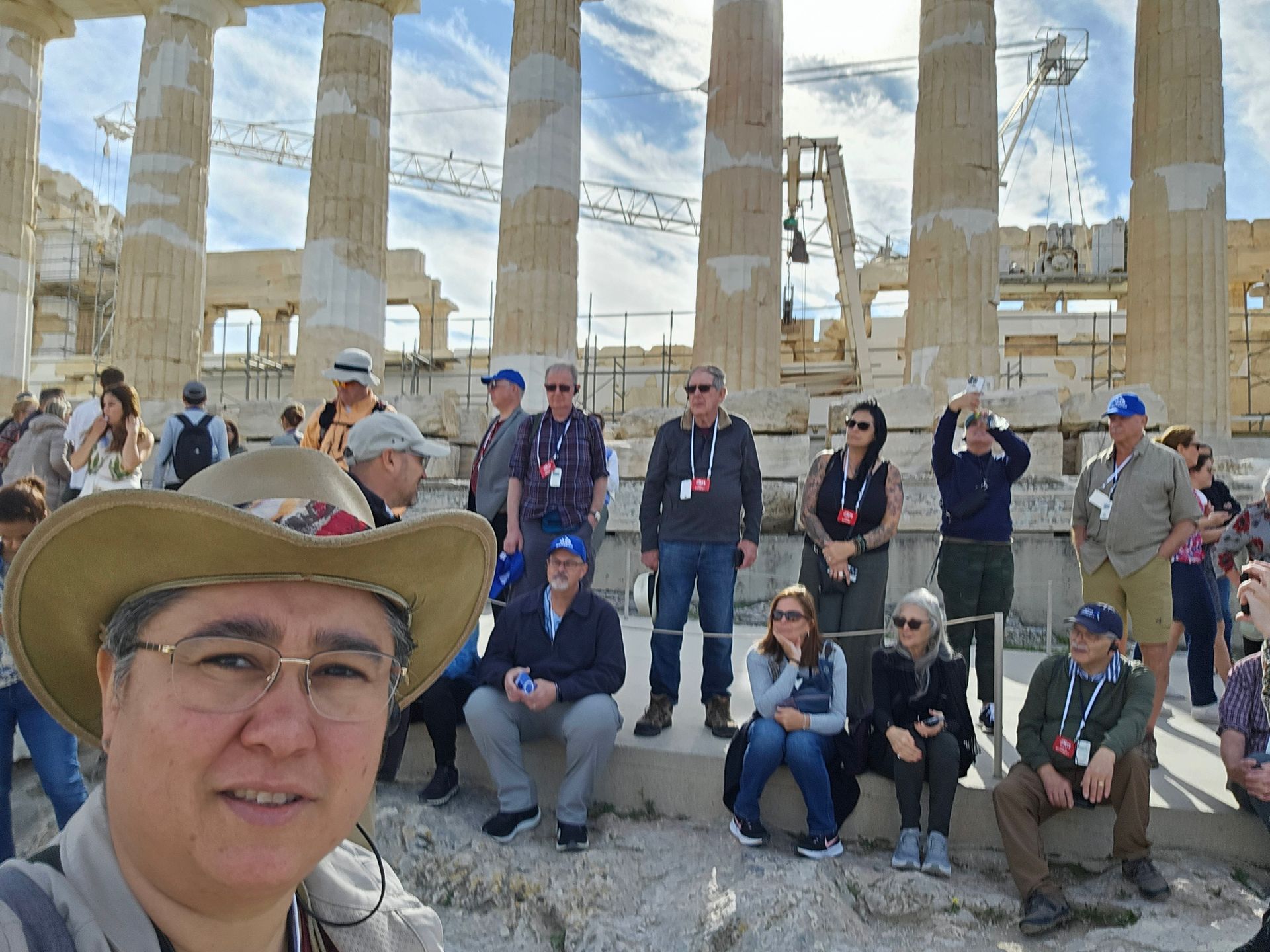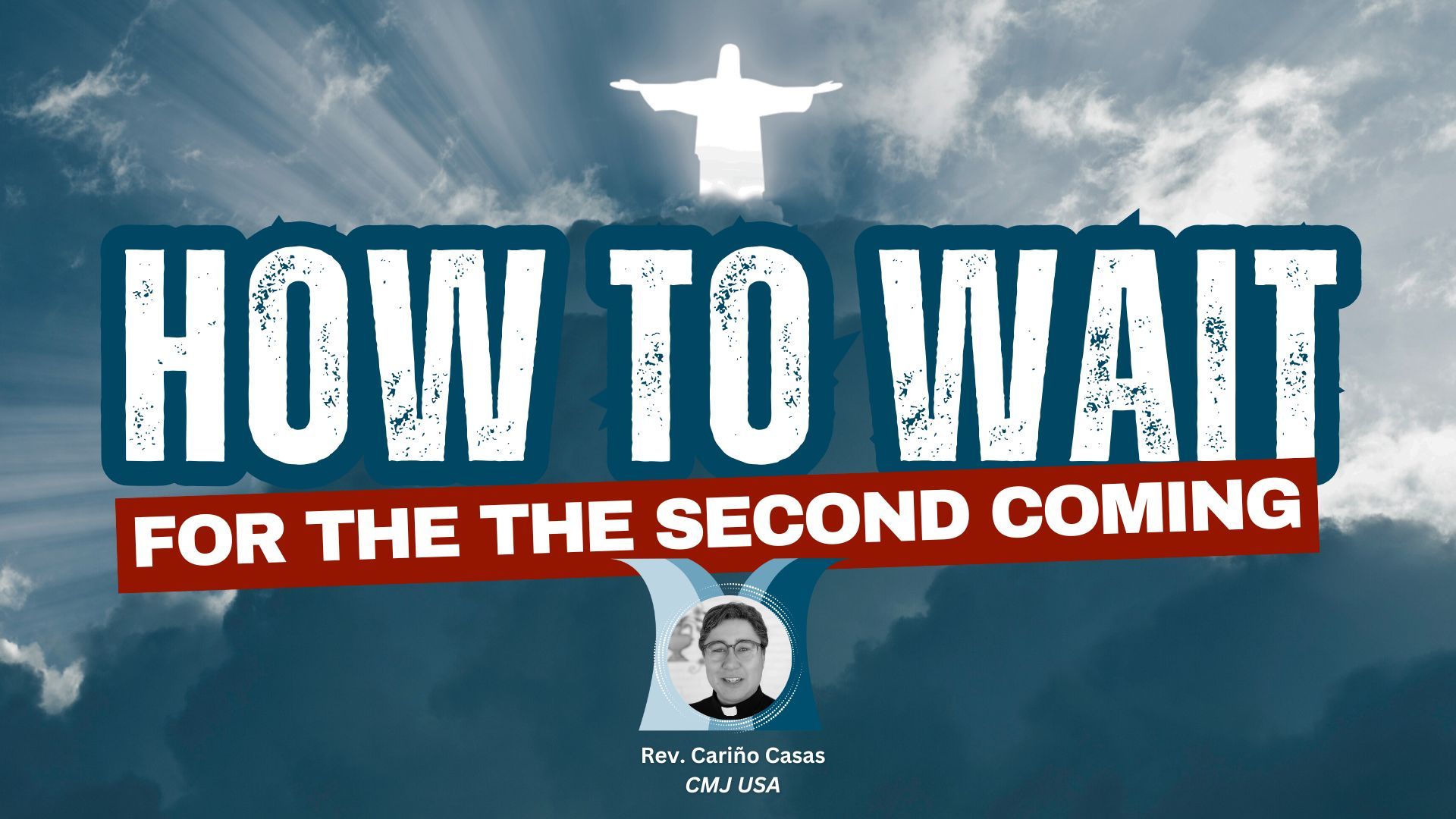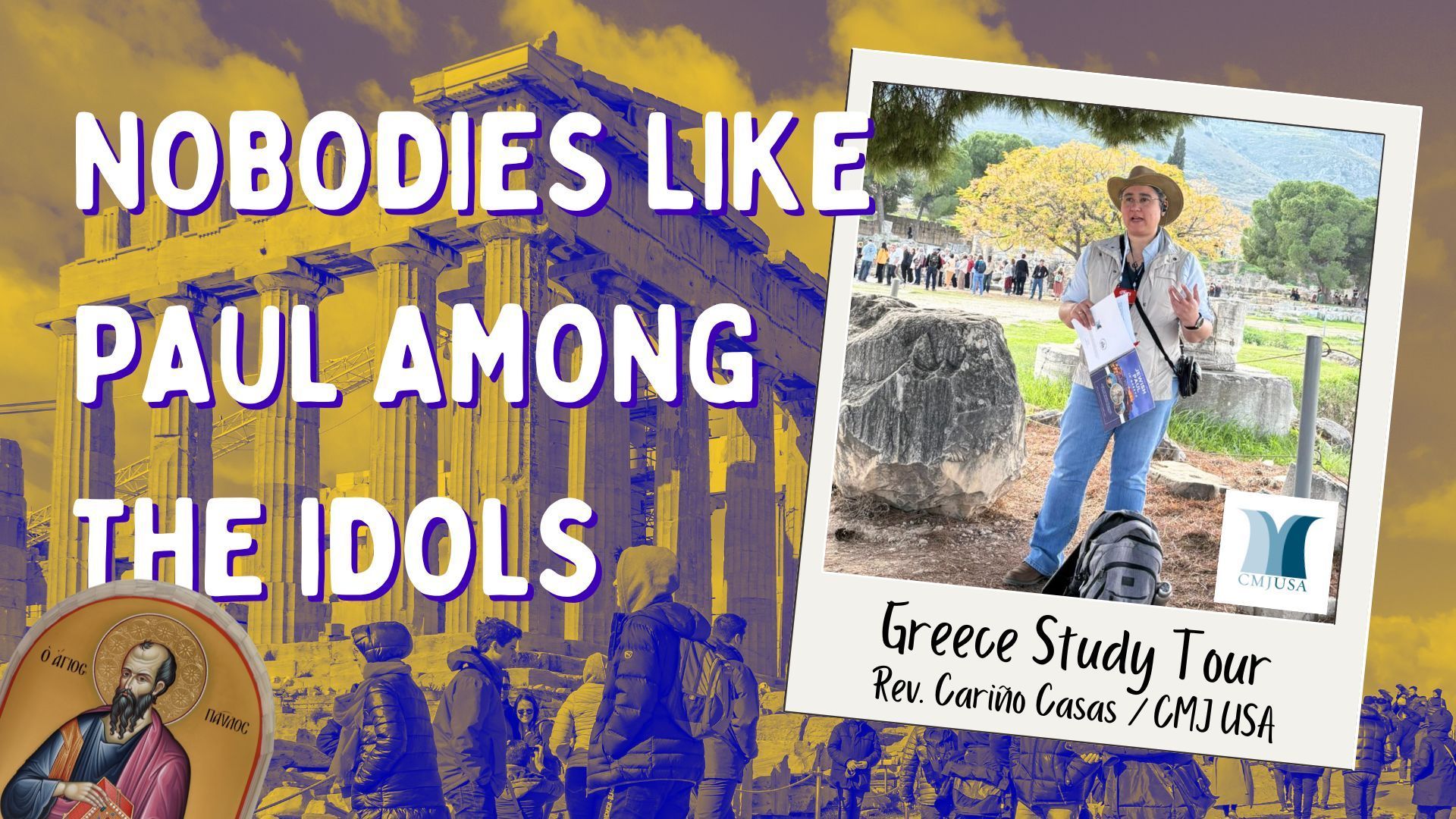In Exodus 18:13, we read of Moses serving as a judge for the people from morning until evening. His judging was not a condemning or critical type of judging but making decisions regarding disputes or disagreements. If Moses is presented as a judge, the Messianic Prophet of whom he spoke is the ultimate judge. In John 5:22–24, Jesus says, “Not even the Father judges anyone, but he has given all judgment to the Son.” Jesus tells the parable of the pounds (minas) in Luke 19, in which the “nobleman” returns from “a distant country to receive a kingdom for himself ” (v. 12). Upon his return, he would judge the stewardship of those entrusted with his resources. As is clear from the context, the nobleman in the parable represents Jesus.
Image credit: Lumo Project via FreeBibleImages.org
In Exodus 18:13, we read of Moses serving as a judge for the people from morning until evening. His judging was not a condemning or critical type of judging but making decisions regarding disputes or disagreements. If Moses is presented as a judge, the Messianic Prophet of whom he spoke is the ultimate judge. In John 5:22–24, Jesus says, “Not even the Father judges anyone, but he has given all judgment to the Son.” Jesus tells the parable of the pounds (minas) in Luke 19, in which the “nobleman” returns from “a distant country to receive a kingdom for himself ” (v. 12). Upon his return, he would judge the stewardship of those entrusted with his resources. As is clear from the context, the nobleman in the parable represents Jesus.
Image credit: Lumo Project via FreeBibleImages.org
